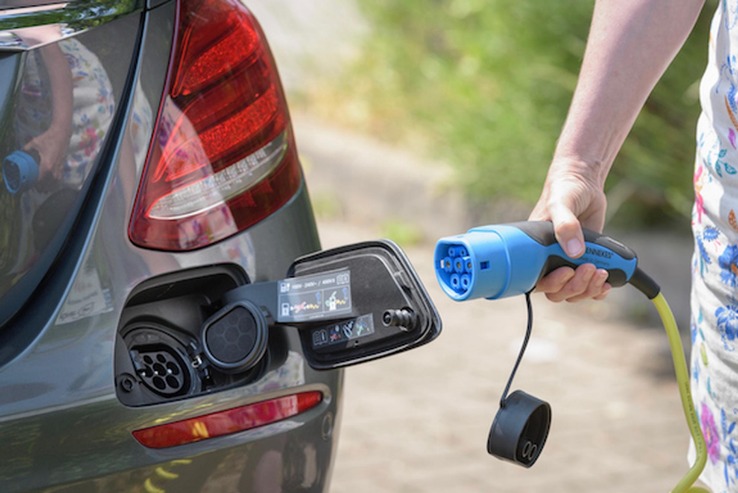Unleashing the Power of Sustainability: The Future of Clean Energy and Electric Vehicles
There is an urgent need to address the pressing environmental challenges facing our world today. Enter sustainability, a concept that seeks to preserve the health of our planet for future generations. Central to this vision is the pursuit of sustainable development, which aims to meet the needs of the present without compromising the ability of future generations to meet theirs.
The Importance of Energy Transition
A critical aspect of sustainable development is the energy transition. This shift from traditional fossil fuels to more sustainable energy sources is essential to reducing greenhouse gas emissions and mitigating the impacts of climate change. The energy transition isn’t just a technological shift; it is a transformational journey towards a more resilient and sustainable energy system.
Embracing Renewable Energy Resources
One of the cornerstones of the energy transition is the integration of renewable energy resources. Renewable energies, such as wind, solar, and hydro, are pivotal in reducing our dependence on non-renewable, polluting energy sources. By harnessing the power of these renewables, we take significant steps toward a cleaner, healthier environment.
Investment in renewable energy infrastructure is accelerating globally. Countries, corporations, and communities are increasingly recognizing the economic and environmental benefits of clean energy. Technologies are improving, costs are falling, and the adoption of renewables is expanding rapidly.
Read more about energy transition here.
Electric Vehicles: Driving the Change
Electric vehicles are at the forefront of the clean revolution. EVs represent a significant technological breakthrough in the transportation sector, offering a cleaner, more sustainable alternative to traditional gasoline-powered vehicles. By reducing emissions and reliance on fossil fuels, electric vehicles are an essential component of a sustainable energy future.
Government policies, technological advancements, and consumer preferences are driving the adoption of electric vehicles. Incentives like tax rebates, lower registration fees, and expanding charging infrastructure are making EVs more accessible to the masses. With the rising popularity of electric vehicles, we are witnessing a pivotal shift towards more sustainable transportation solutions.
Future Prospects of Clean Energy
The future of clean energy looks promising. Innovations in battery storage, grid management, and smart technologies are unraveling new potentials for integrating higher shares of renewable energy into our electricity systems. Furthermore, public awareness and the drive for greener solutions continue to amplify the momentum towards a sustainable energy landscape.
While challenges remain, the collective effort of governments, businesses, and society is paving the way for a sustainable energy transition. It requires commitment, innovation, and collaboration to overcome the barriers to a clean energy future. The benefits are vast: a reduction in global carbon footprints, improved public health, and the safeguarding of natural ecosystems.
Conclusion
In conclusion, the journey towards sustainability through sustainable development, energy transition, and the widespread adoption of renewable energy and electric vehicles is not just necessary but achievable. By embracing clean energy solutions, we are investing in a safer, healthier, and more resilient future for all.

